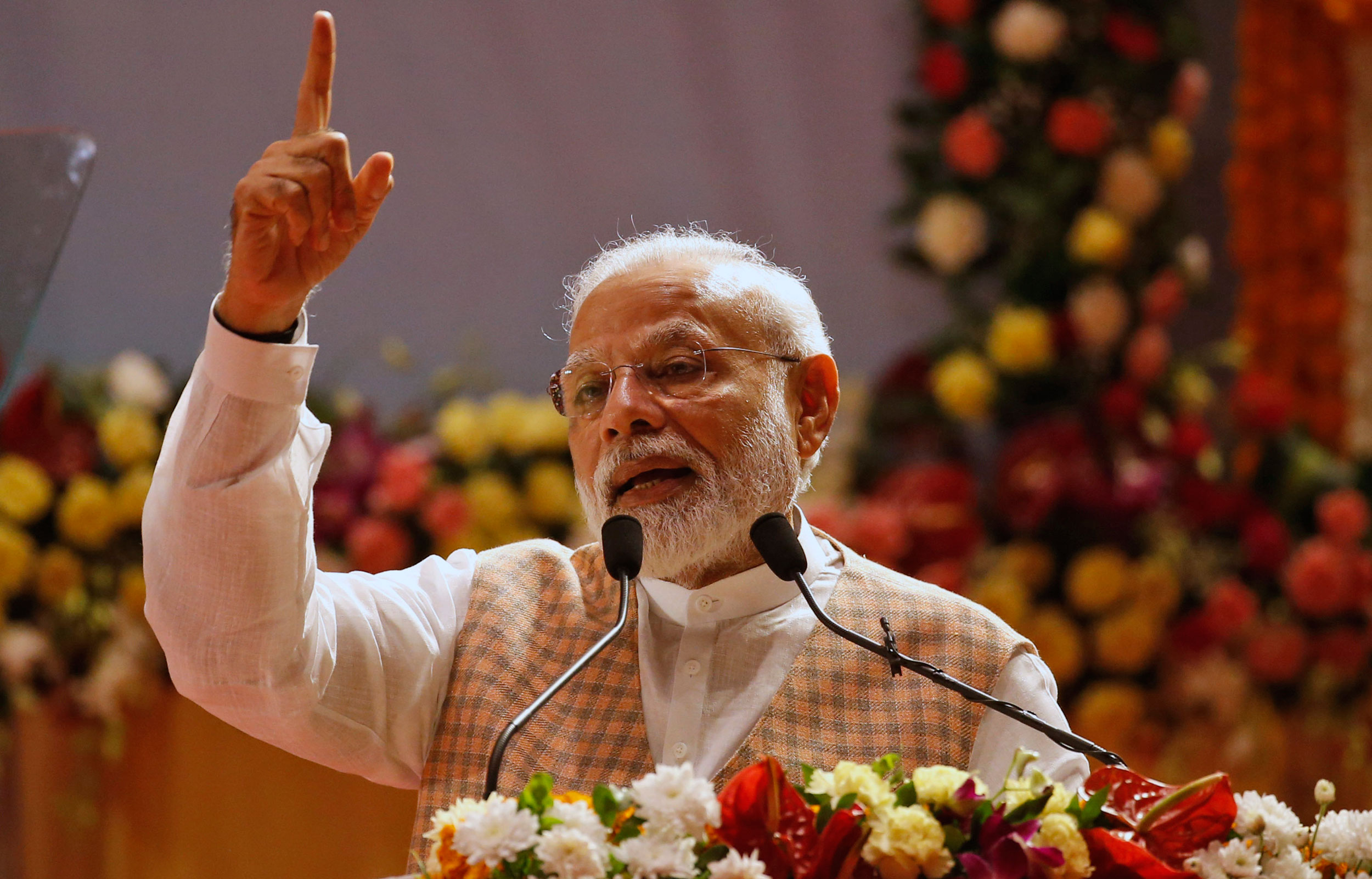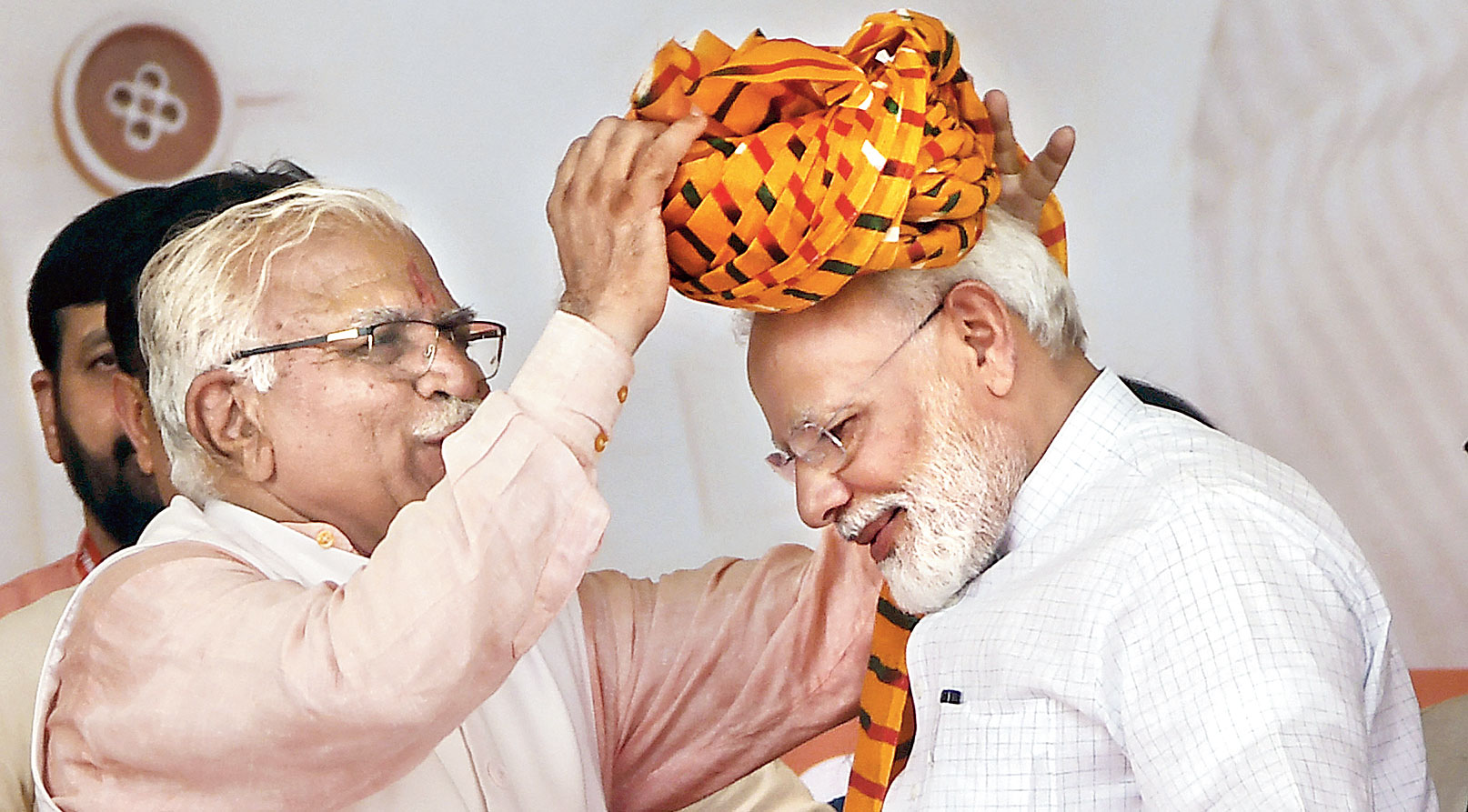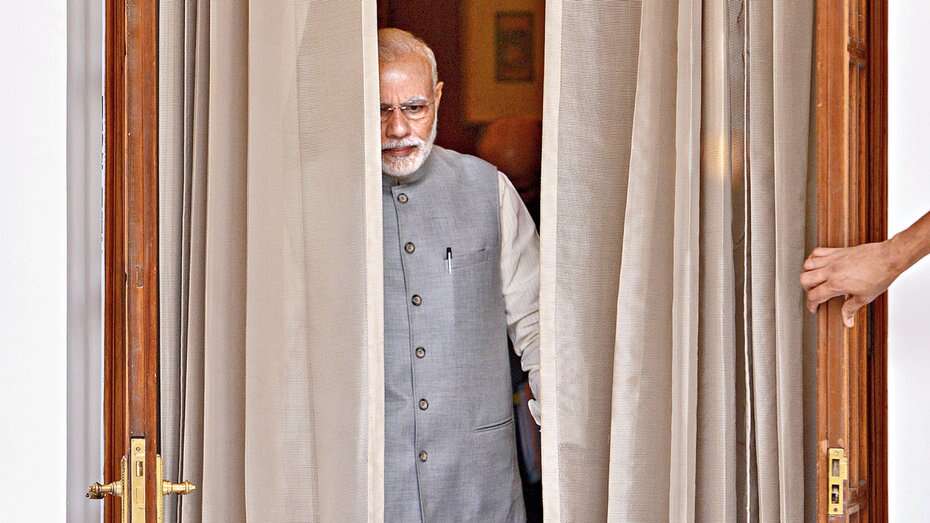One hundred days may not be a long time in politics. Nonetheless, such a time period, it is believed, can offer an assessment of the initial performance of an elected government. It can be argued that having been returned to power with an overwhelming mandate, the Narendra Modi-led Bharatiya Janata Party had been exposed to several steep challenges in the course of its first 100 days in office. Even the prime minister, who seldom acknowledges the enormity of some of these problems, tacitly admitted in a speech in Haryana that India, facing a diverse set of problems, is now demanding new solutions. Indeed, some of the solutions offered by Mr Modi and his government have been quite unprecedented. Article 370, which granted certain special privileges to Jammu and Kashmir, has been abrogated in the name of fuller integration of the region with the nation and two Union territories carved out of the erstwhile state. This step — Mr Modi’s political opponents have been vocal in their criticism of the unitary nature of this intervention — has been accompanied by a severe clampdown in Kashmir which, much like the repealing of Article 370, remains unrivalled. The road to economic prosperity has been strewn with even sharper thorns. India’s growth curve has slipped to a six-year-low figure of five per cent. Nearly every sector, the automobile industry and agriculture being the obvious examples, is in distress. Concurrent job losses have coincided with sluggish demand as well as shaky confidence among investors. The Centre’s response in the face of such a crisis has remained unmatched. One of Mr Modi’s colleagues recently insisted that India’s economy remains on a ‘strong footing’. Wearing blinkers so as not to notice a fire — has not the National Democratic Alliance government been stubborn in its denial of the slowdown? — is perhaps Mr Modi’s idea of solving an old problem in a new way.
In spite of these hiccups, it cannot be denied that public endorsement for Mr Modi, his radical — but controversial — policies, and his government remains absolute. The adulation for Mr Modi, arguably, matches the collective enthusiasm for India’s first prime minister during his early years in power. The popular will in favour of Mr Modi and the BJP has undoubtedly helped the government deflect attention from the festering areas of concern. However, in politics, praise can turn to disparagement in the blink of an eye. Mr Modi, an experienced politician, must be aware of the fickle nature of public sentiment. The prime minister must resolve such crises as decelerating growth, a fractured social landscape, and a sullen Kashmir in order to enjoy the blessings of the people for a longer time.












